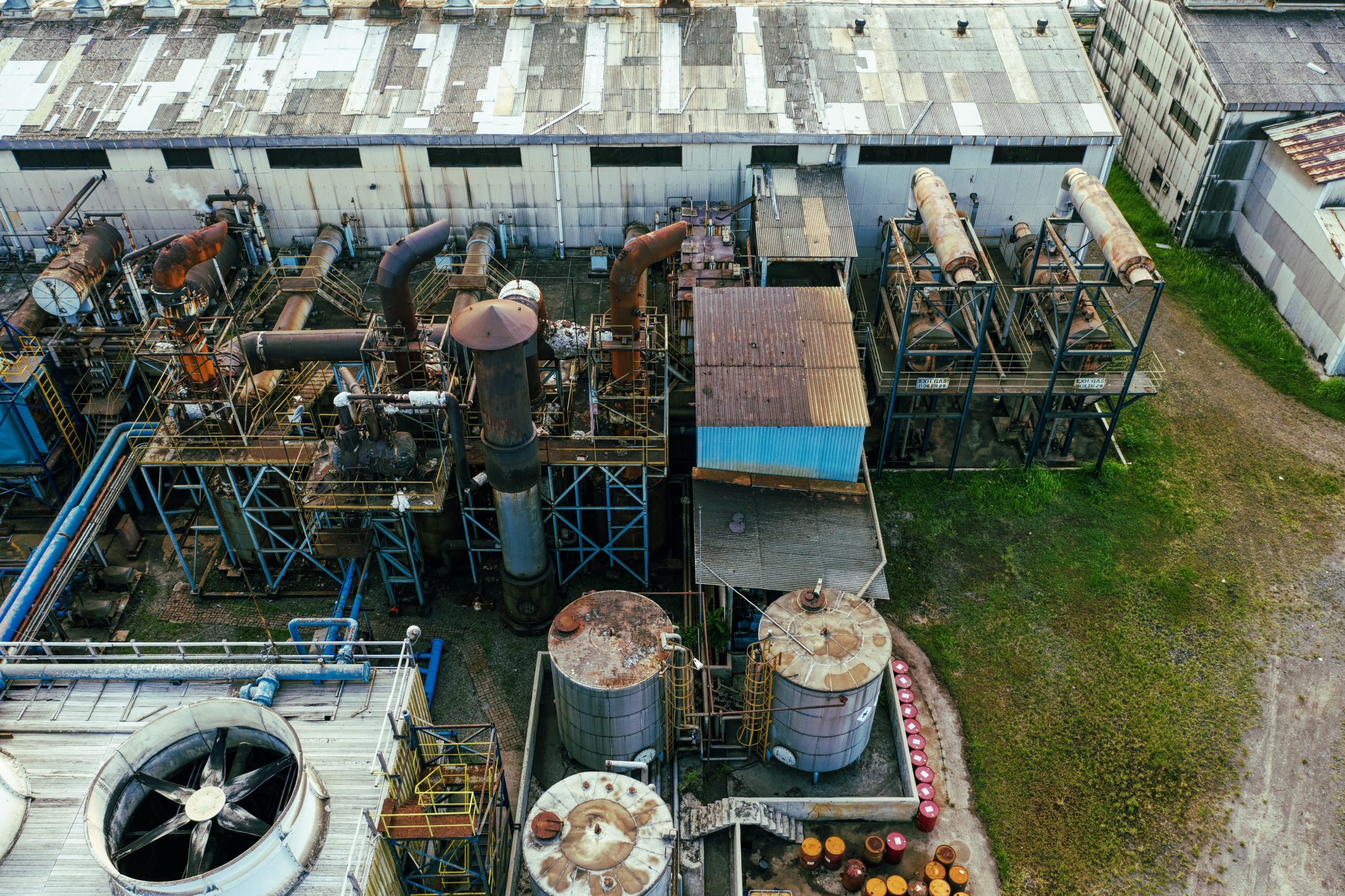China’s Resurgent Appetite for Iranian Oil
The sudden surge in China’s demand for Iranian oil has caught the attention of industry experts. Analyzing the reasons behind this resurgence reveals a complex interplay of economic and geopolitical factors.
Changing Diplomatic Landscape
With evolving diplomatic relationships between China, Iran, and other global players, the dynamics of international oil trade have been influenced. Explore how these shifting alliances have paved the way for increased Iranian oil imports by China.
Impact on Global Oil Markets
China’s heightened purchases of Iranian oil are likely to cause ripples across the global oil markets. Understanding the potential consequences on supply, demand, and pricing is crucial for stakeholders worldwide.

Future Projections and Considerations
What does the future hold for China’s continuing engagement with Iranian oil? Delve into possible scenarios, considering ongoing negotiations, sanctions, and environmental concerns shaping the trajectory of this trend.
In a significant development, China has emerged as the primary buyer of Iranian oil, reaching a milestone not witnessed in a decade. The energy market landscape is witnessing a transformation due to China’s resurgent appetite for Iranian oil, with Kpler, a renowned intelligence firm, revealing crucial insights.
China’s Resurgent Appetite for Iranian Oil
The sudden surge in China’s demand for Iranian oil has raised eyebrows and stirred discussions among industry experts. After a period of reduced imports due to international sanctions and geopolitical tensions, China’s renewed interest in Iranian oil demands a closer examination.
Changing Diplomatic Landscape
Central to this shift is the evolving diplomatic landscape that has reshaped relationships between key players on the global stage. China’s deepening ties with Iran, coupled with the changing dynamics of international diplomacy, have played a pivotal role in facilitating this surge in oil trade. As economic alliances take precedence over traditional political affiliations, China’s eagerness to secure Iranian oil aligns with its long-term energy security goals.
Impact on Global Oil Markets
The ramifications of China’s increased Iranian oil purchases extend beyond the bilateral scope. The global oil markets are interlinked and sensitive to shifts in supply and demand. China’s substantial imports could potentially disrupt the balance, influencing prices and availability worldwide. Industry stakeholders and market analysts are closely monitoring this trend to anticipate its broader implications.
As China diversifies its energy sources, the influx of Iranian oil introduces a new variable to the equation. The resultant price fluctuations and potential market adjustments underscore the intricate web of connections that define the modern energy landscape.
Future Projections and Considerations
Predicting the trajectory of China’s engagement with Iranian oil involves a multi-faceted analysis of ongoing negotiations, economic incentives, and geopolitical factors. While the current surge may be influenced by specific circumstances, such as eased sanctions, long-term sustainability remains a question.
Environmental concerns are also emerging as a key consideration. As global pressure to transition towards cleaner energy mounts, China’s reliance on Iranian oil could clash with its commitment to reducing carbon emissions. Striking a balance between energy security and environmental responsibility will be a delicate tightrope for China to navigate.
In conclusion, China’s notable upswing in Iranian oil imports, as reported by Kpler, signals a pivotal moment in global energy dynamics. The confluence of changing diplomacy, economic interests, and environmental imperatives will shape the trajectory of this trend. As stakeholders across the world observe China’s moves closely, the intricate interplay of geopolitical chess pieces will continue to influence the course of the energy landscape.










